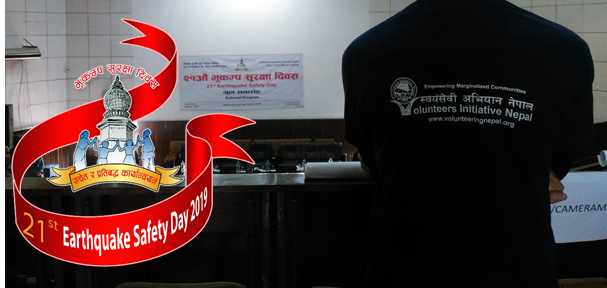On Magh 2, 2075, Nepal marked the 21st Earthquake Safety Day (ESD). ESD is organised on the same day as the 1934, 8.0 magnitude Bihar-Nepal earthquake. The day is used to re-affirm national commitment to building earthquake resilience and to sharing and reviewing best practice and experiences.
Various events including awareness rallies, street dramas, memorial meetings, panel discussions and speeches were held at the central, provincial and local level under the slogan “Committed Governments at all levels to ensure Citizen’s Right to Safety from Disasters”.
Lalitpur hosted the national meeting this year. At the national meeting, a wide range of representatives from government departments, national and international organisations and community groups were present.
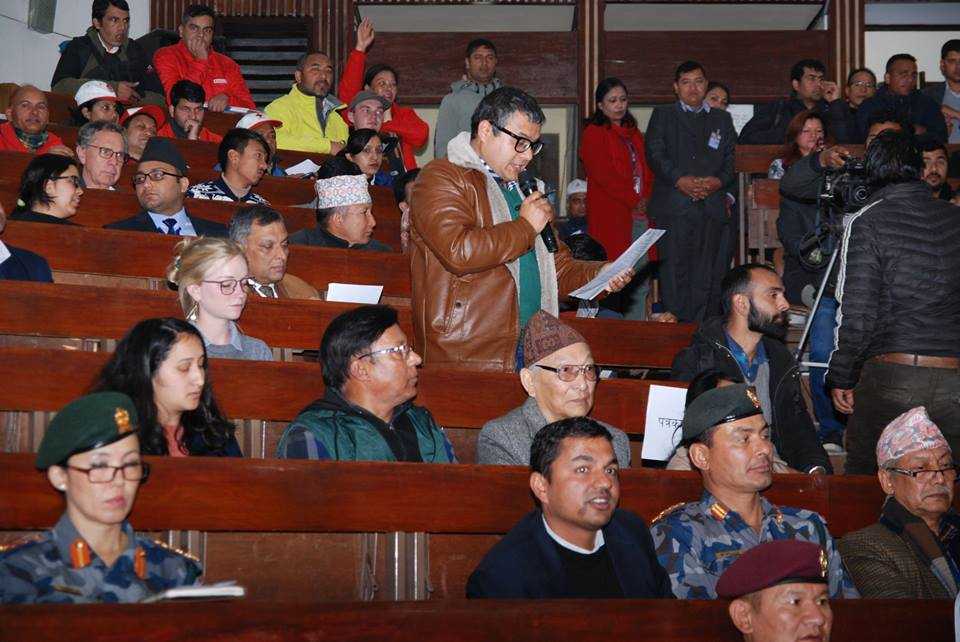
Following the national anthem, a one minute silence was held to remember those who lost their lives during past earthquakes. Prime Minister Khadga Prasad Sharma Oli spoke and urged all stakeholders to join hands to minimize impending earthquake risks in Nepal.
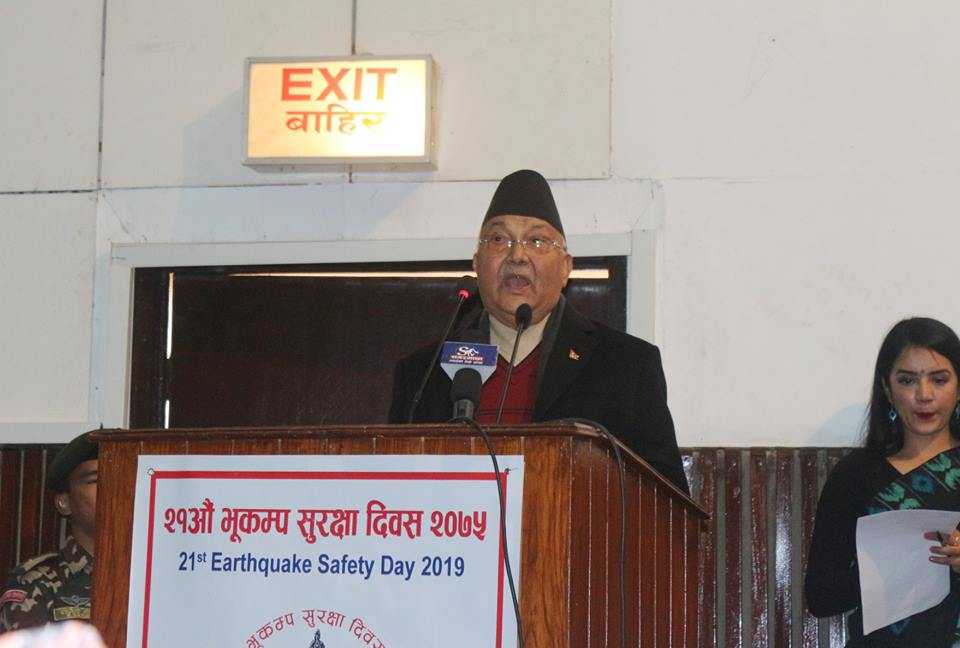
The importance of prioritising Disaster Risk Reduction and supporting localised initiatives was stressed by Home Minster Thapa. Minister Thapa also focused his speech on the adoption of safer construction practices which minimize risks associated with earthquakes. The Resident Representative from the United Nations and the Chief Executive Officer from the National Reconstruction Authority also addressed the meeting.
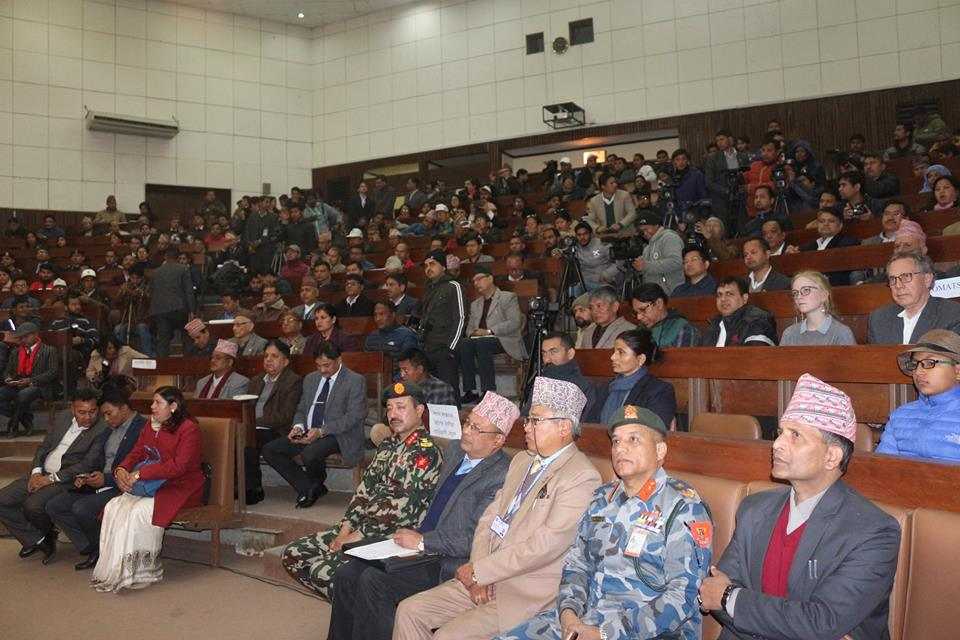
At Volunteers Initiative Nepal we are proud of our work with marginalised communities and our record of reducing risk, improving preparedness and supporting those in need to build back better.
In our first major phase of work (Rapid Response and Rescue) immediately following the earthquake in 2015 we:
- Distributed emergency shelters to over 1000 families
- Supported hundreds of families with emergency financial relief
- Constructed temporary toilets and supported possession recovery efforts
- Conducted WASH sessions and mobile medical camps which combined benefited more than a thousand people and
- Created children camps which provided safe and enjoyable spaces where the needs of children who survived the earthquake could be considered and addressed
In our second phase (Rehabilitation) we:
- Constructed Temporary Learning Classrooms (TLC)
- Constructed transitional homes (550)
- Conducted community disaster preparedness campaigns and
- Renovated 6 school building which were damaged by the earthquake
In our current phase (Reconstruction and Disaster Risk Reduction):
- We have built three thousand toilets
- We have conducted WASH campaigns in schools and throughout communities
- We have supported the reconstructed of 40 homes
- We have built 4 Early Childhood Development (ECD) centres
- We have educated 1500 people on best practices in construction through individual support and wider awareness campaigns
- We have built community centres and
- Improved disaster preparedness through a variety of educational activities
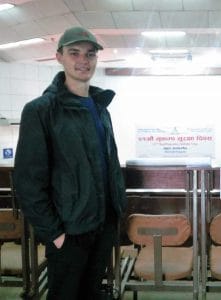
– Jac Carter (EU Aid Volunteer)
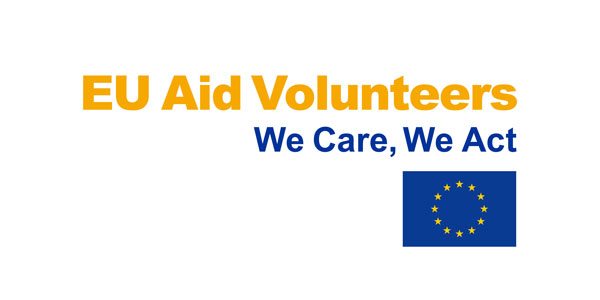
All our work depends on the generosity of our supporters. If you would like to support our work get in touch!

